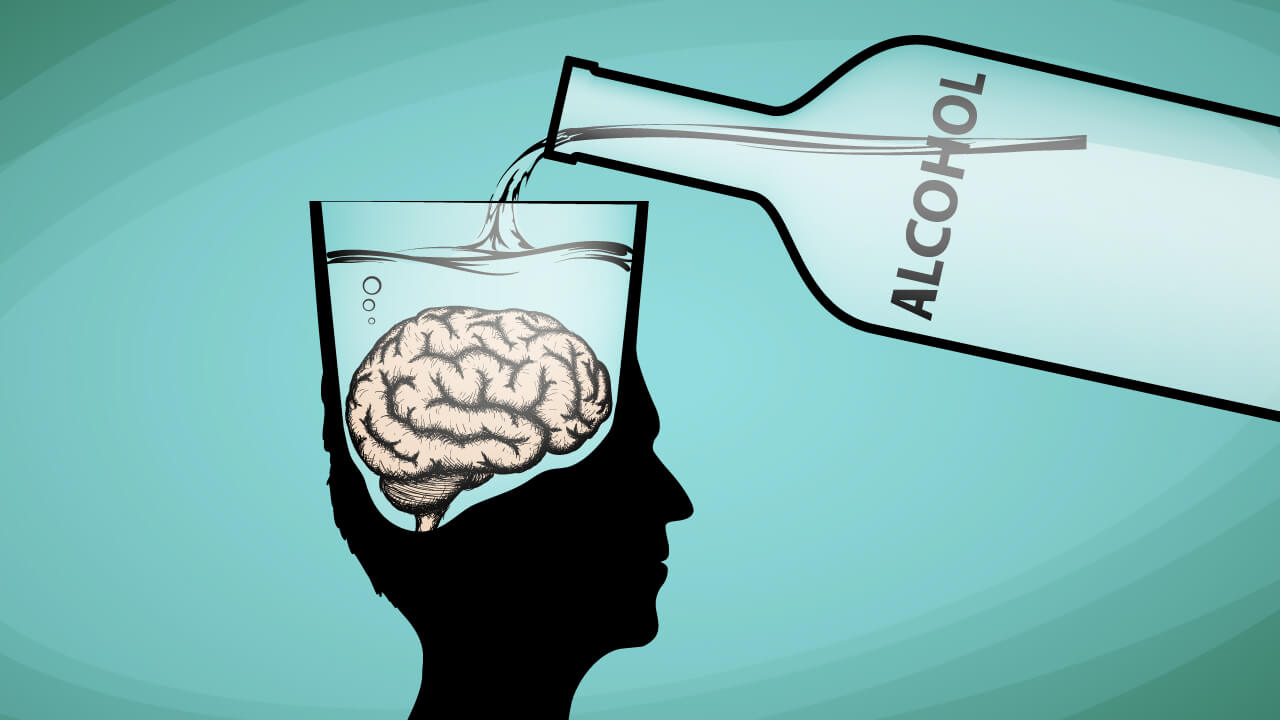Know how 5 crucial areas in the brain affected by alcohol consumption
Fri 01 Mar 2024, 00:22:37

Alcohol exerts various effects on the brain, impacting cognitive functions, mood regulation, and behaviour. Here's an exclusive insight by Dr Vinit Banga, Associate Director -Neurology & Head Neuro Intervention, BLK Max Super Speciality Hospital, into how alcohol affects the brain and its five important areas:
Neurotransmitter Activity: Alcohol alters neurotransmitter activity in the brain. It enhances the effects of inhibitory neurotransmitter gamma-aminobutyric acid (GABA), leading to relaxation and sedation. Conversely, it inhibits excitatory neurotransmitter glutamate, which can result in impaired cognitive function and coordination.
Brain Structure: Chronic alcohol consumption can lead to changes in brain structure, including shrinkage of brain tissue and enlargement of ventricles. This can result in cognitive deficits and impairments in memory, attention, and decision-making.
Neurochemical Imbalance: Prolonged alcohol
use disrupts the delicate balance of neurotransmitters in the brain, leading to neurochemical imbalances. This imbalance contributes to mood disorders such as depression and anxiety, as well as impulsive behaviour and decreased inhibition.
use disrupts the delicate balance of neurotransmitters in the brain, leading to neurochemical imbalances. This imbalance contributes to mood disorders such as depression and anxiety, as well as impulsive behaviour and decreased inhibition.
Reward Pathways: Alcohol stimulates the brain's reward system by increasing dopamine levels, leading to feelings of pleasure and reinforcement. Over time, repeated exposure to alcohol can desensitize these reward pathways, leading to tolerance and dependence.
Cognitive Function: Alcohol impairs cognitive function by affecting regions of the brain responsible for judgment, decision-making, and impulse control. This can result in impaired reasoning, problem-solving skills, and increased risk-taking behaviour.
Hence alcohol's effects on the brain are complex and multifaceted, impacting neurotransmitter activity, brain structure, neurochemical balance, reward pathways, and cognitive function.
No Comments For This Post, Be first to write a Comment.
Most viewed from Health
AIMIM News
Latest Urdu News
Most Viewed
May 26, 2020
Do you think Canada-India relations will improve under New PM Mark Carney?
Latest Videos View All
Like Us
Home
About Us
Advertise With Us
All Polls
Epaper Archives
Privacy Policy
Contact Us
Download Etemaad App
© 2025 Etemaad Daily News, All Rights Reserved.






























